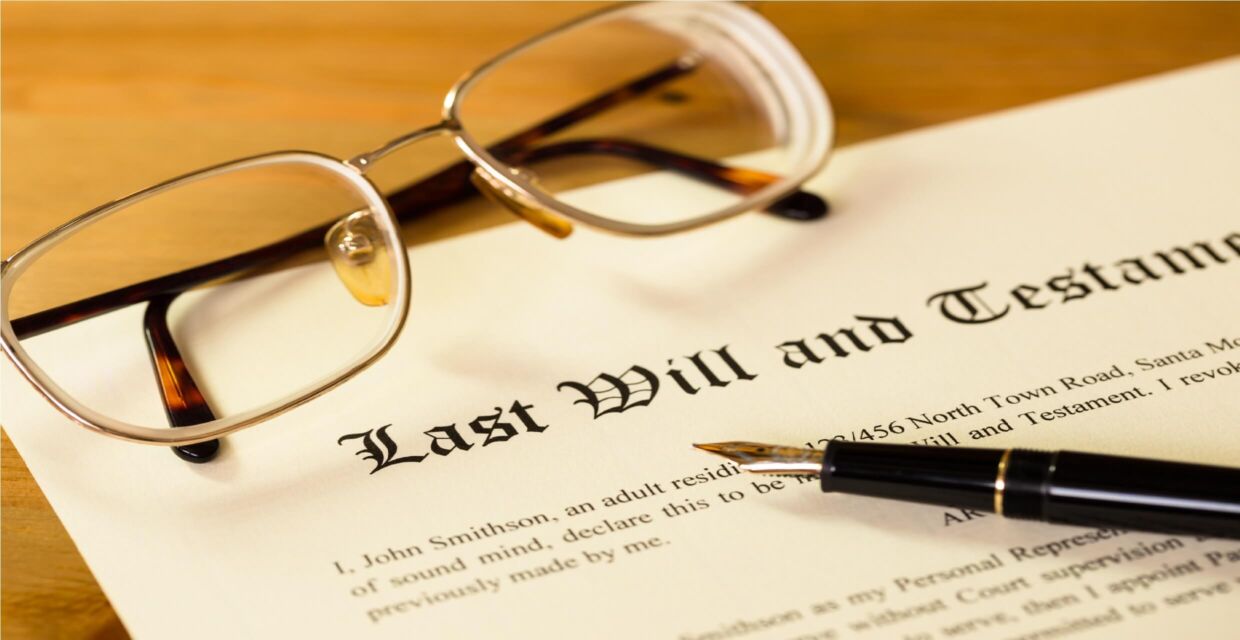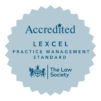A valid Will requires that the maker is capable of understanding what they are doing and understand what actions it will set in motion. The maker of the Will must:
(1) Understand that they are making a Will and understand the effect of the Will
(2) Know the nature and the value of their estate (everything that they own)
(3) Understand the consequences of including and excluding certain people under their Will
(4) Not be suffering from any mental incapacity which may influence their views
If all 4 points are satisfied, then a person does have testamentary capacity.
If a person is found not to have had testamentary capacity, the Will becomes invalid.
What issues will be considered?
In cases of dementia or mental illness, medical evidence as well as from those who knew the deceased will be important. Issues can also arise when the maker of the Will is terminally ill and is taking medication which could affect their ability to understand what they are doing.
Some of the questions to be answered include whether the person knew they were making a Will, what assets they have to give, and that they understood their responsibilities to family and those close to them.
“I think that someone lacked testamentary capacity. What are the first steps you would take?”
If the Will was prepared by a lawyer then the lawyer would have to be satisfied that the person meets all four elements above before they could agree to prepare the Will.
This could be based on the lawyer’s own assessment of the person or if the lawyer was not sure that the person had testamentary capacity it is usual for the lawyer to ask for a medical report. The first step would be to ask the lawyer for a copy of their file if they still have it.









